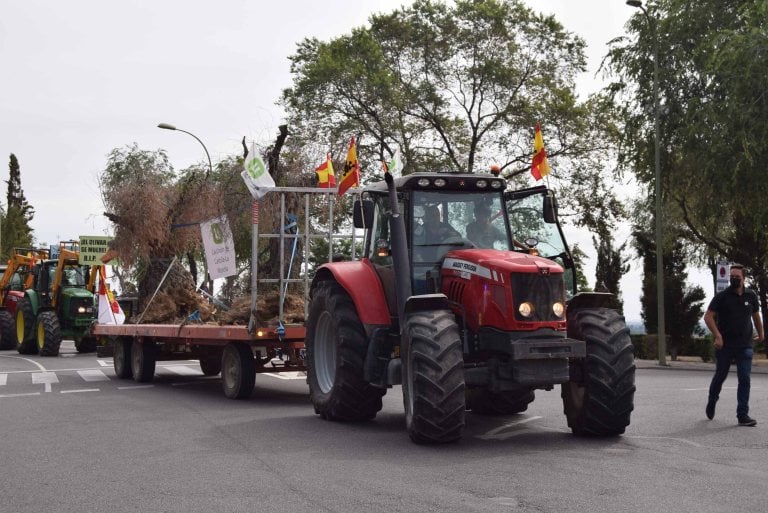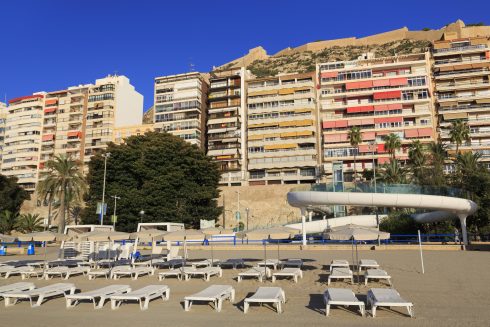SPAIN’S farmers are bringing their agricultural woes to the capital with a protest over the lack of state support in the wake of Storm Filomena.
Storm Filomena swept across Spain in January bringing heavy snowfall and freezing temperatures that hadn’t been seen in living memory.
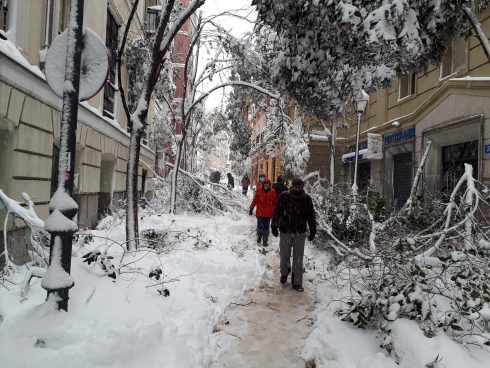
It caused an estimated €1.4 billion of damage in the capital alone, felling trees and causing the closure of city parks for weeks.
In the wake of the storm, Spain’s government declared disaster zones in eight of Spain’s regions, a measure that brings emergency subsidies and community support.
But it is the agricultural sector that has seen the longest lasting effects of the weather phenomenon.
Many outdoor crops across rural areas were destroyed in the storm, as were many greenhouses. Herds of livestock died in freezing temperatures and hundreds of hectares of olive groves and vines permanently damaged.
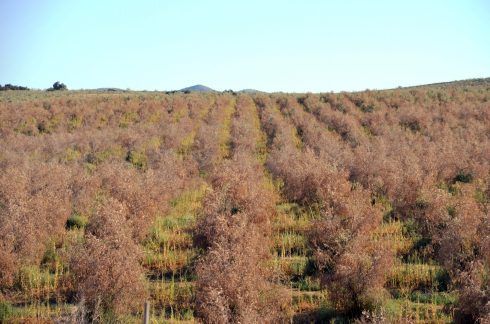
Farmers are complaining that authorities are too slow to deliver public aid and that they have been forgotten.
“We don’t understand how we have been left to our fate,” said the Unión de Uniones Castilla-La Mancha in a statement ahead of the protest on Wednesday.
“Our crops, both olive trees and vineyards, are important, not only for revitalising the rural environment, but they also represent a high percentage of the region’s economy that are being ignored”.
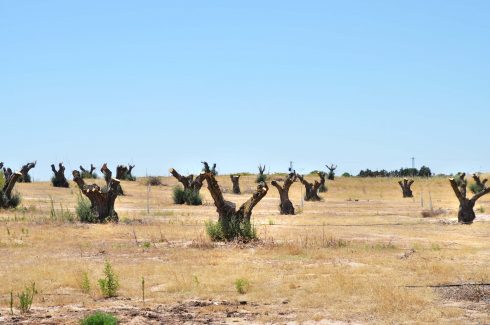
Farmers from the Unión de Uniones Castilla La Mancha will lead a convoy of tractors, setting off on Tuesday July 13 from Sonseca to arrive at the gates of the Agriculture Ministry on Wednesday at 11am.
The agricultural organisation has already staged protests in the regional capital Toledo.
Farmers plan to deliver boxes of green grapes and dead vines to the doors of the Ministry and display a one-hundred-year-old olive tree that has died as a result of damage caused by Filomena.
READ ALSO:
Spain under Strain: how storm Filomena has brought the country on its knees
Click here to read more Spain News from The Olive Press.

